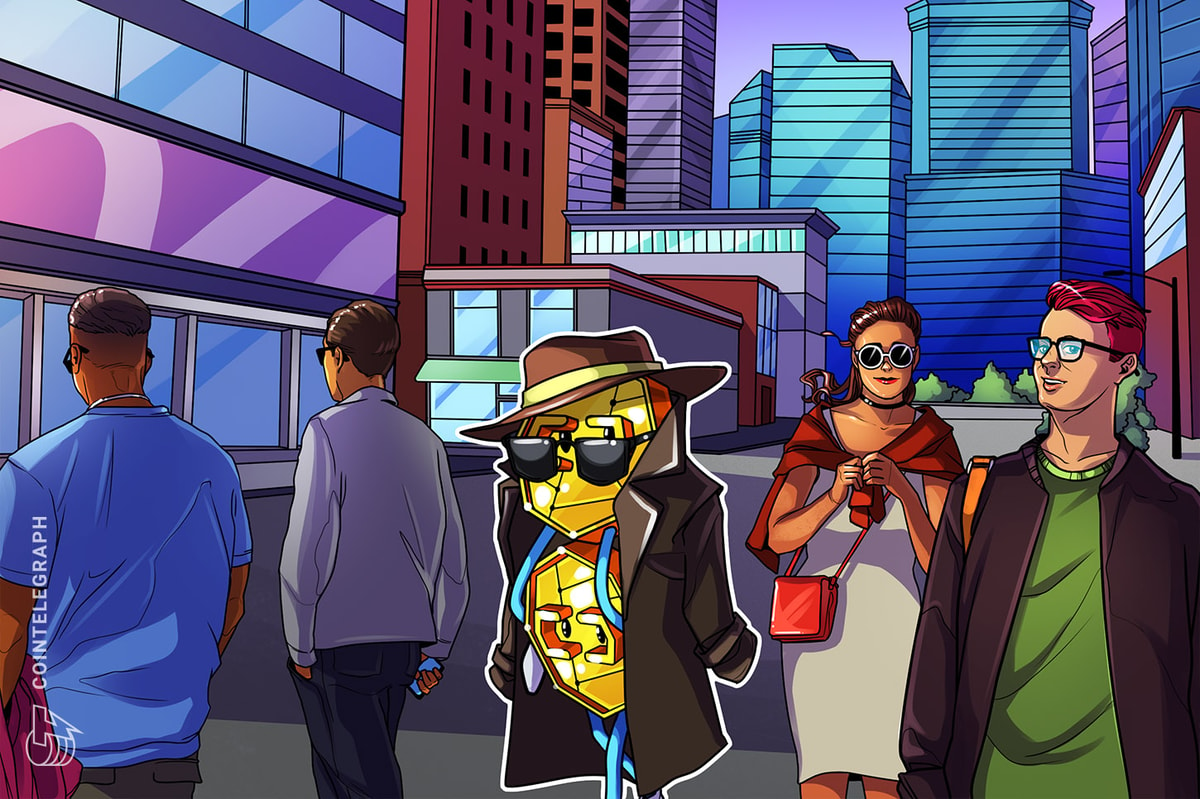
Ticketing issues seem to be more and more common: The Rolling Stones concert in 2016, the 2017 Fyre Festival fiasco, Beyonce and Jay-Z’s 2018 “On the Run” tour, and most recently, Taylor Swift’s Era tour debacle.
Many believe that large-scale ticketing giants have held a monopoly on event hosting for the world’s crème de la crème. If the big fish don’t have the resources to combat this issue, what will the rest of us do? Perhaps we need a different solution altogether.
The issues with the global ticketing industry are well-documented at this point. Bot-based tech has us fighting due to dynamic pricing and getting into a mode of panic buying. Then there are hidden fees, queues and scams, scalping, counterfeiting, pricing wars in the resale market and more. We can agree that it’s unfair and unethical. The industry’s in desperate need of more transparency and authenticity.
NFT-based ticketing has been making the rounds as a viable alternative. Non-fungible tokens (NFTs) have the potential to change the ticketing game forever. NFT ticketing could provide a more flexible and customizable ticketing experience for fans. For example, event organizers could create special NFT tickets for VIP experiences or exclusive events, or allow fans to purchase collectible NFT tickets that could increase in value over time.
Not to mention, there could be transparency around the number of tickets available and their pricing — without the interference of systems generated to trick consumers. With the provenance that comes from NFTs, ticketing fraud could be substantially reduced and more data would be collected on the nature of, and appetite around, secondary sales.
Is NFT ticketing really there yet?
In fact, some companies have already begun integrating NFTs into their operations. Ticketmaster has collaborated with Dapper-Labs-backed Flow during the Super Bowl and previously with Polygon to issue digital collectibles to its fans. Commemorative NFTs also replaced ticket stubs at NFL events. Smaller companies like YellowHeart, GUTS and NFT Tix are also popping up to cater to Web3 events and campaigns.
Join the community where you can transform the future. Cointelegraph Innovation Circle brings blockchain technology leaders together to connect, collaborate and publish. Apply today
But if implemented on a vast scale for major global events, how can the underlying chain support the millions of users who make transactions on the network at the same time? After all, the NFT world is no stranger to congestion issues, network downtime and gas wars.
Any general-purpose chain would find it hard to handle such surges in traffic. Imagine Red Hot Chilli Peppers or Dua Lipa tickets going live, with millions logging on at the same time to make a purchase. If we recall, NFT minting during the sale of Yuga Labs’ virtual land overwhelmed Ethereum, due to which transaction fees skyrocketed and the fees alone for a single NFT purchase amounted to more than $3,000.
Scalability and its resulting issues like congestion, high fees and lack of security continue to haunt dApps, even on leading L1s like Ethereum — making mint events a risky proposition.
An app-specific scaling solution could help in such cases. But having an entire chain built just for an event is just not feasible. Following the event, there will be no on-chain activity, making it a wasted resource. In such cases, an execution layer’s event-driven model could do wonders. One can spin up an on-demand layer for the duration of the event, use it to issue tickets and then once it is sold, the layer gets disposed of and the NFTs live on the underlying chain.
Those in the events and entertainment space could theoretically deploy an execution layer for ticketing and fan engagement and integrate it with their layer 1. This is just one way they can process a massive volume of transactions without giving their end user a fee spike.
The mental ‘block’ to using blockchain
While the younger demographics might be keen to test out some of these technologies, concepts such as a digital wallet or conducting transactions using a crypto address are still considered risky or overly complicated by skeptics. These people found the jargon and UI/UX challenging enough, and the 2022 market downturn just added a fresh dose of paranoia to the mix. So yes, we’re still in the early stages of this journey.
Even with L2s refining the ticketing supply chain and customer experience, broader adoption of blockchain needs to be embraced if we’re to see a concert using 100% NFT-based ticketing with zero elements of physical documentation. These systemic issues can be combatted with education, incentive programs that are attractive to a spectrum of demographics and marketing that makes its mark outside the bubbles of crypto Twitter.
The events and ticketing industry — so deeply tied to music and entertainment and followed by millions — has the potential to set these discussions in motion on a global scale using advocates and ambassadors to make it the next cool thing.
L2 technology can onboard the next million to the chain. They can bring in the next wave of users. But to do that, they need to showcase their potential to the millions using platforms of pop culture, power and influence, and not the few who already have it.
Here’s calling out to the entertainers and event experts — let’s bid adieu to the ticketing troubles that have plagued you and work together to get everyone tickets to the next gig.
Dr. Yaoqi Jia is the founder & CEO of AltLayer, where he is building rollups-as-a-service to bring scalability to Ethereum-based chains.
This article was published through Cointelegraph Innovation Circle, a vetted organization of senior executives and experts in the blockchain technology industry who are building the future through the power of connections, collaboration and thought leadership. Opinions expressed do not necessarily reflect those of Cointelegraph.
Learn more about Cointelegraph Innovation Circle and see if you qualify to join
Read More: cointelegraph.com









 Bitcoin
Bitcoin  Ethereum
Ethereum  Tether
Tether  XRP
XRP  Solana
Solana  USDC
USDC  Dogecoin
Dogecoin  TRON
TRON  Cardano
Cardano  Lido Staked Ether
Lido Staked Ether  Wrapped Bitcoin
Wrapped Bitcoin  Hyperliquid
Hyperliquid  Sui
Sui  Wrapped stETH
Wrapped stETH  Chainlink
Chainlink  Avalanche
Avalanche  LEO Token
LEO Token  Stellar
Stellar  Bitcoin Cash
Bitcoin Cash  Toncoin
Toncoin  Shiba Inu
Shiba Inu  Hedera
Hedera  USDS
USDS  Litecoin
Litecoin  WETH
WETH  Wrapped eETH
Wrapped eETH  Monero
Monero  Polkadot
Polkadot  Binance Bridged USDT (BNB Smart Chain)
Binance Bridged USDT (BNB Smart Chain)  Ethena USDe
Ethena USDe  Bitget Token
Bitget Token  Pepe
Pepe  Coinbase Wrapped BTC
Coinbase Wrapped BTC  Pi Network
Pi Network  WhiteBIT Coin
WhiteBIT Coin  Aave
Aave  Uniswap
Uniswap  Dai
Dai  Ethena Staked USDe
Ethena Staked USDe  Bittensor
Bittensor  OKB
OKB  Aptos
Aptos  Internet Computer
Internet Computer  Cronos
Cronos  NEAR Protocol
NEAR Protocol  BlackRock USD Institutional Digital Liquidity Fund
BlackRock USD Institutional Digital Liquidity Fund  Jito Staked SOL
Jito Staked SOL  Ondo
Ondo  sUSDS
sUSDS